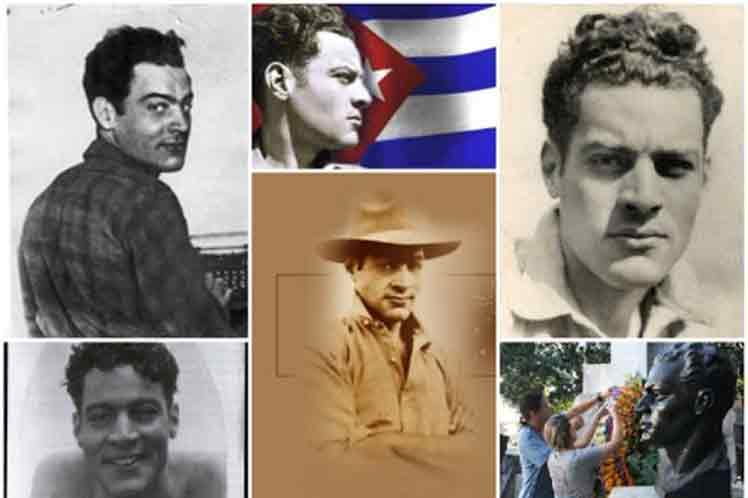Havana, Cuba: The president of Cuba, Miguel Díaz-Canel, today recalled the legacy of the youth and communist leader Julio Antonio Mella, on Thursday commemorating the 118th anniversary of his birth.
The president commented on his Twitter account some of the most relevant milestones in the life and work of the revolutionary, who founded the University Student Federation (FEU), the Communist Party of Cuba and the José Martí Popular University.
“Mella is still the young man ahead of his time?, the head of state said, adding that he was a fighter in love, a rebel with a cause and, in the words of the historical leader of the Cuban Revolution, Fidel Castro: “the Cuban who did the most in less time”.
Born in Havana on March 25, 1903, and baptized as Nicanor Mc Partland y Diez, the young man who would go down in Cuban history as Julio Antonio Mella had not turned 20 when he founded the Alma Mater magazine.
In the first issue of that publication, he made a declaration of principles that would accompany him until his last breath: to confront the interference of the United States in the Caribbean nation.
The FEU, created on December 20, 1922, was another of its defense spaces in the country, and from there it contributed to organizing the student body in order to reform the university, but it also joined forces with the labor movement to fight against the tyranny of Gerardo Machado (1925-1933).
Together with other revolutionaries, such as Rubén Martínez Villena, he gave life to the José Martí Popular University (1923), a project that allowed to bring education to the most humble workers; and he founded the Cuban Section of the Anti-Imperialist League of the Americas, in 1925.
The radicalization of his thinking and identification with communist ideas led him to be part of the group that on August 16, 1925 constituted the first Communist Party of Cuba, a militancy that he defended until his death.
He was assassinated on the orders of Machado on January 10, 1929, in Mexico, a country where he had to emigrate due to the intense persecution to which he was subjected, and from where he continued to fight for the island and for the poor and exploited of America. Latin.

